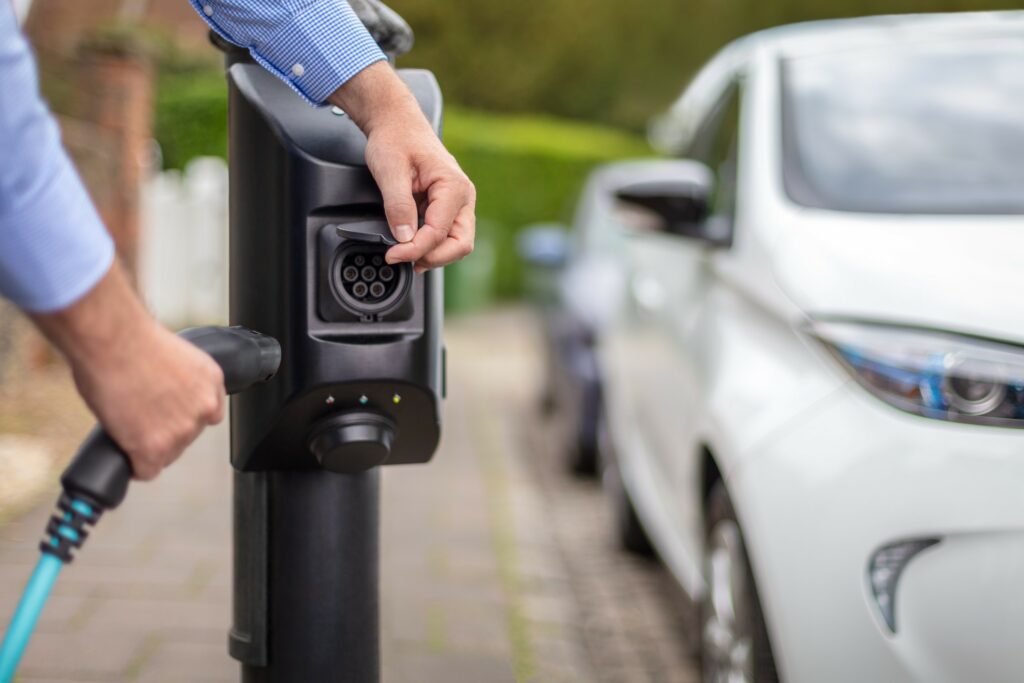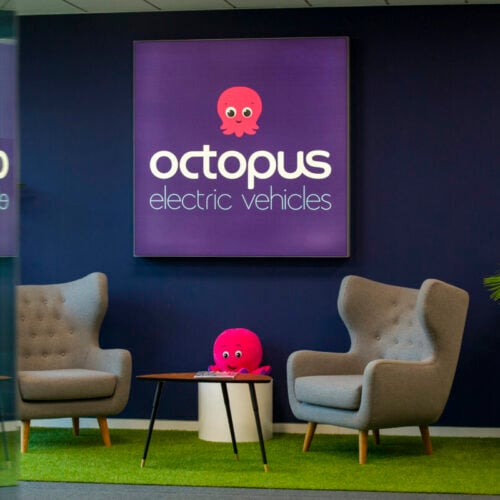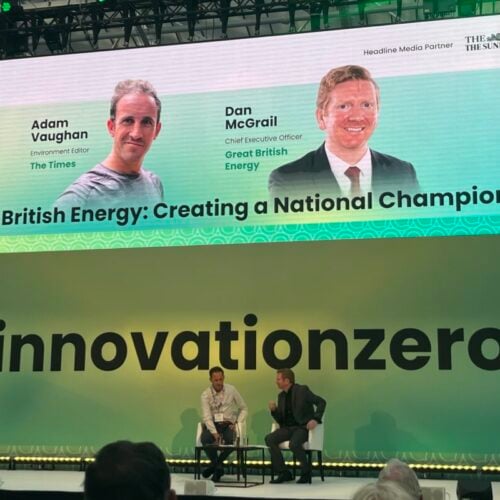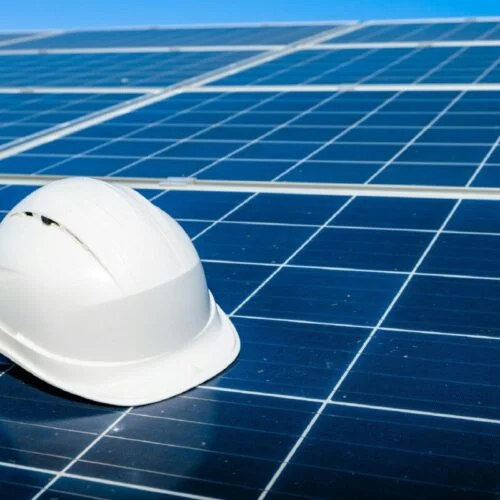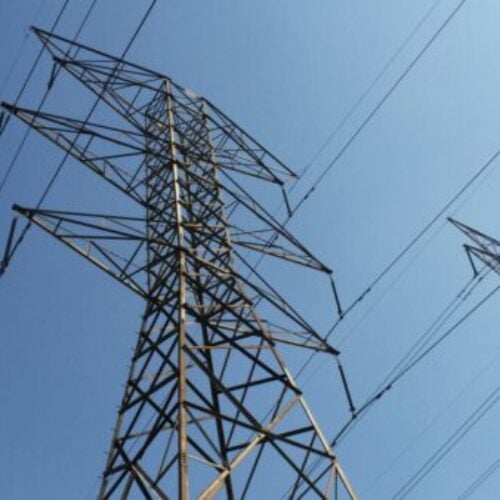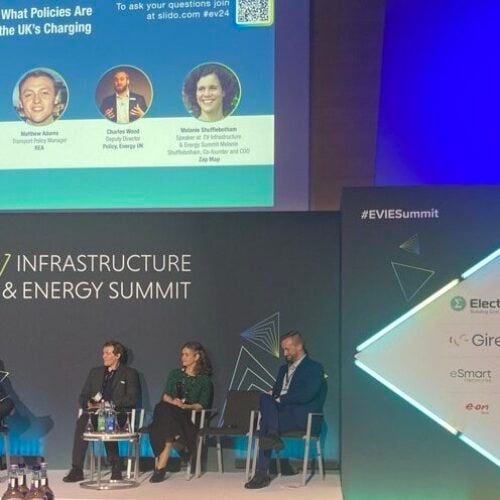EV campaign group FairCharge and 44 UK MPs have penned an open letter to Jeremy Hunt, the chancellor of the exchequer, to bring VAT rates for on-street EV charging level with home charging in the upcoming Spring Budget.
The letter detailed that the current rate of VAT for on-street EV charging stands at 20% in comparison to the 5% for home charging – four times the rate. This “pavement tax” is adding to the growing disparity in EV charging capabilities across the UK and hindering the growth of the EV market.
According to FairCharge, those living in terraced housing, flats and apartment blocks are “doubly disadvantaged” as they are unable to access more competitive home charging tariffs and face the pavement tax.
The letter has prompted further calls to abolish the tax and level the tax rate for both home chargers and on-street chargers in Parliament.
Great to see all the mentions of our main campaign ask to #AxethePavementTax in Parliament over the last few days. Many thanks to FairCharge supporter @S_Hammond for securing yesterday’s debate on EV infrastructure and for bringing up the unfair discrepancy between at-home and… https://t.co/SVWe89eHaQ pic.twitter.com/gdCdDuLvFD
— FairCharge (@fairchargeuk) March 8, 2023
HM Revenue and Customs (HMRC) confirmed the VAT on public EV charging was to stand at 20%, in 2021. HMRC explained that de minimis – a mechanism that allows a 5% VAT rate for supplies of small quantities of electricity – does not apply to public EV charging, and that there is therefore no relief or exemption to the standard VAT rate of 20%.
Speaking previously to Current± on the charging disparity being witnessed in the UK via private and public chargers, Lauren Pamma, programme director at the Green Finance Institute, which includes the Coalition for the Decarbonisation of Road Transport (CDRT) under its arm, said: “We recognise that the electric vehicle transition to date has been predominately led by drivers with access to driveways. The 5% VAT on home charging, which is significantly lower than the 20% VAT on public charging, makes it cheaper to charge at home.
“People that charge at home also have the luxury of selecting a preferred energy tariff, which could offer ever lower costs for charging overnight when energy demand is low, for example. Yet home charging is only possible for those that have access to off-street parking, making the rollout of on-street residential charging central to breaking the disparities between those that have access to driveways and those that do not.”
This stance has been echoed in the open letter with it having highlighted that 38% of UK households do not have access to a private parking space where they would be able to charge an electric vehicle at home.
Commenting on the open letter, Shayne Rees, head of marketing at Char.gy, said: “We’re thrilled to see support growing for the FairCharge campaign. If VAT was fairly priced, our customers would reduce their “pavement tax” by around 3.5p/kWh for night charging and 8p/kWh for day use.
“This would mean savings of up to £160 for a private motorist driving 7,000 miles per year, depending on when they charged their EV. With the ban on petrol and diesel cars approaching, the government should be supporting all drivers with the switch to electric and motorists without off-street parking should not be disadvantaged.”
